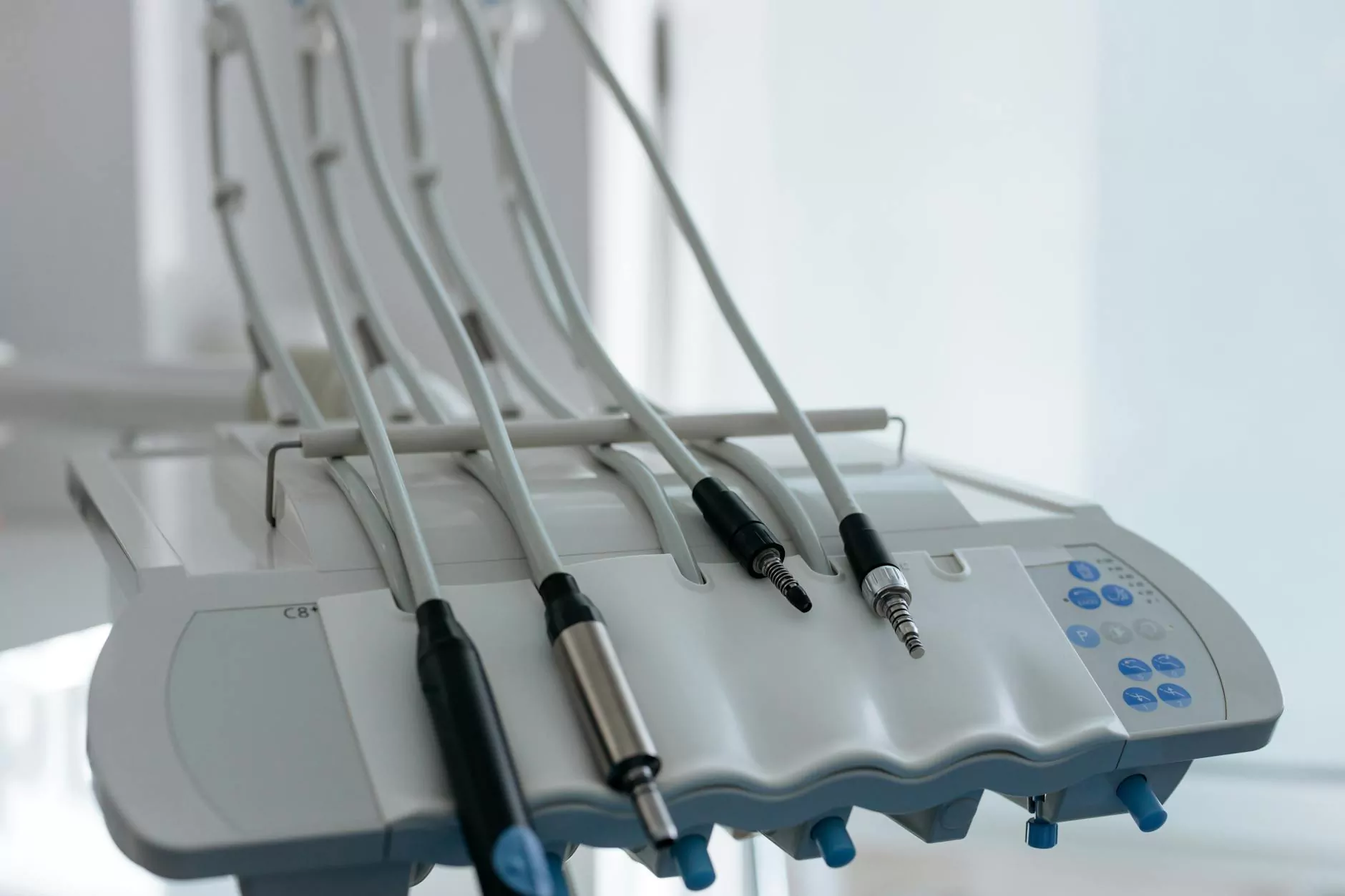The Ultimate Guide to Dental PPC: Maximizing Your Practice's Online Presence

In the rapidly evolving world of digital marketing, dental PPC (Pay-Per-Click) advertising has emerged as a crucial tool for dental practices looking to enhance their online visibility and attract new patients. This comprehensive guide aims to delve into the world of dental PPC, revealing strategies, benefits, and expert tips to help your practice make the most of this powerful marketing avenue.
What is Dental PPC?
Dental PPC refers to paid advertising campaigns focused on promoting dental services and products online through search engines and social media platforms. Unlike organic search engine optimization (SEO) efforts, which can take time to yield results, PPC allows dental practices to achieve immediate visibility and traffic by bidding on keywords relevant to their offerings.
The Importance of Dental PPC in Today's Market
As more patients turn to the internet to find healthcare solutions, dental practices must adapt to this trend. Here’s why dental PPC is essential:
- Immediate Visibility: PPC ads appear at the top of search results, ensuring your practice is seen by potential patients right away.
- Targeted Marketing: You can tailor your ads to specific demographics, locations, and interests, reaching the right audience for your services.
- Cost-Effective: With PPC, you only pay when someone clicks on your ad, meaning you’re investing in targeted traffic rather than just impressions.
- Measurable Results: PPC campaigns provide detailed analytics, allowing practices to track performance and adjust strategies in real-time.
How Dental PPC Works
Dental PPC operates primarily on a bidding system where dental practices choose keywords that potential patients might search for when looking for dental services. Here’s how it typically works:
- Keyword Research: Identify relevant keywords such as "emergency dentist," "teeth whitening," or "pediatric dentist" using tools such as Google Keyword Planner.
- Bidding: Set bids for chosen keywords based on how much you’re willing to pay for each click, influencing your ad’s position in search results.
- Ad Creation: Craft compelling ad copy that resonates with potential patients, highlighting your unique selling points.
- Landing Pages: Direct clicks to well-designed landing pages that provide information and encourage conversions.
- Analytics and Optimization: Monitor campaign performance and adjust bids, keywords, and ads based on analytics to improve ROI.
Benefits of Implementing Dental PPC
The advantages of integrating dental PPC into your marketing strategy are numerous, and understanding these benefits can help motivate your investment:
- Boosts Lead Generation: By appearing at the top of search results, you can generate qualified leads who are actively looking for dental services.
- Enhances Brand Recognition: Consistent PPC advertising increases brand visibility, allowing potential patients to become familiar with your practice.
- Supports Other Marketing Efforts: PPC can complement organic SEO efforts, giving a well-rounded approach to online marketing.
- Localized Targeting: Utilize geo-targeting to ensure your ads reach potential patients in your area, a critical factor for local businesses.
Effective Strategies for Dental PPC Success
To harness the full potential of dental PPC, consider implementing the following strategies:
1. Perform In-Depth Keyword Research
Keyword research is the foundation of a successful PPC campaign. Utilize tools like Google Keyword Planner to discover terms that are relevant to your practice. Consider long-tail keywords, as they often have less competition and can lead to higher conversion rates.
2. Craft Compelling Ad Copies
Your ad copy should be engaging and informative. Highlight special offers, unique services, or patient testimonials. Use a clear call to action (CTA) to guide potential patients on what to do next, such as "Schedule Your Free Consultation Today!"
3. Optimize Landing Pages
Ensure that your landing pages are optimized for conversions. Include essential information such as location, contact details, the services offered, and patient reviews. The design should be user-friendly and mobile-optimized, considering that many users may search from their mobile devices.
4. Use Ad Extensions
Take advantage of ad extensions available in platforms like Google Ads. Extensions like location, call, and site link extensions can provide additional information and make your ad more attractive to potential patients.
5. Continuously Monitor and Optimize Campaigns
Regularly review your PPC campaigns to assess their performance. Look at metrics such as click-through rates (CTR), conversion rates, and cost per acquisition (CPA). A/B testing different ad copies, landing pages, and targeting options can lead to improved results over time.
Common Pitfalls to Avoid in Dental PPC
While dental PPC can be beneficial, there are some pitfalls to watch out for:
- Neglecting Keyword Research: Failing to conduct thorough research may lead to poor keyword choices, wasting your budget on irrelevant clicks.
- Ignoring Negative Keywords: Not using negative keywords can cause your ads to appear for unrelated searches, resulting in wasted clicks and budget.
- Inadequate Landing Page Optimization: Directing clicks to poorly designed or non-optimized landing pages can lead to high bounce rates and lost opportunities.
- Overlooking Analytics: Not monitoring campaign performance can prevent you from making necessary adjustments to improve your ROI.
Conclusion
Investing in dental PPC advertising is a strategic move for any dental practice seeking to thrive in a competitive market. With immediate visibility, a targeted approach, and measurable results, dental PPC can significantly accelerate your practice's growth. By following best practices and continuously optimizing your campaigns, you'll be able to attract new patients effectively and establish a strong online presence.
Start your journey in dental PPC today, and watch your practice flourish with new patient inquiries and increased brand recognition. Remember, in the digital age, effective marketing is key to staying ahead!



